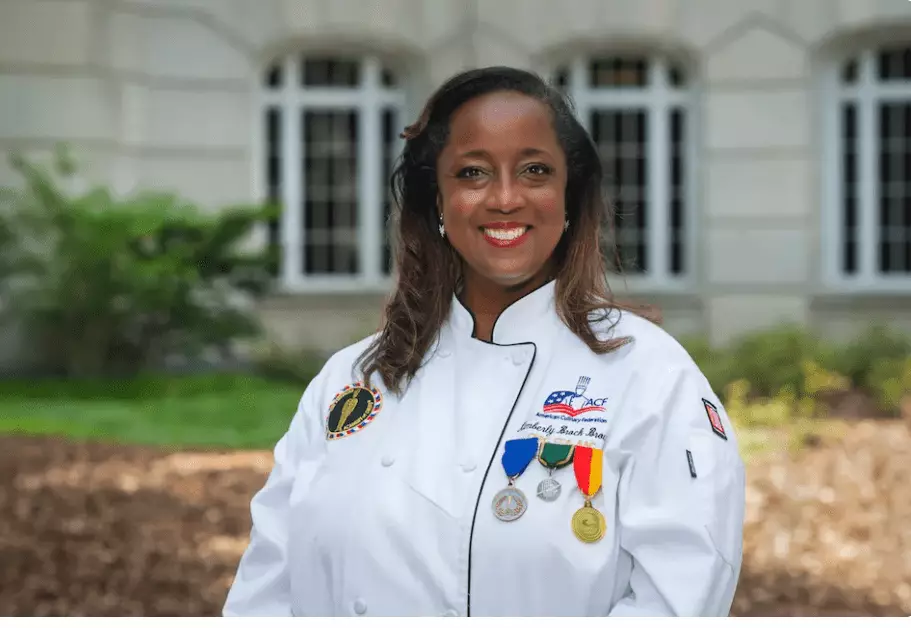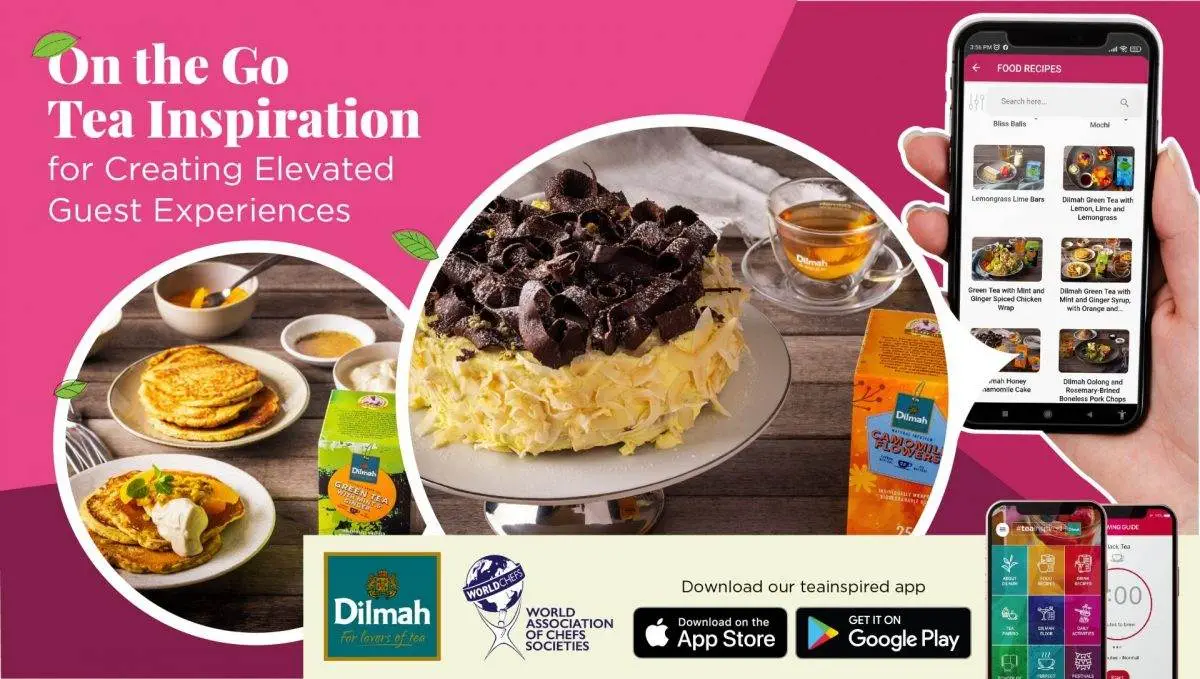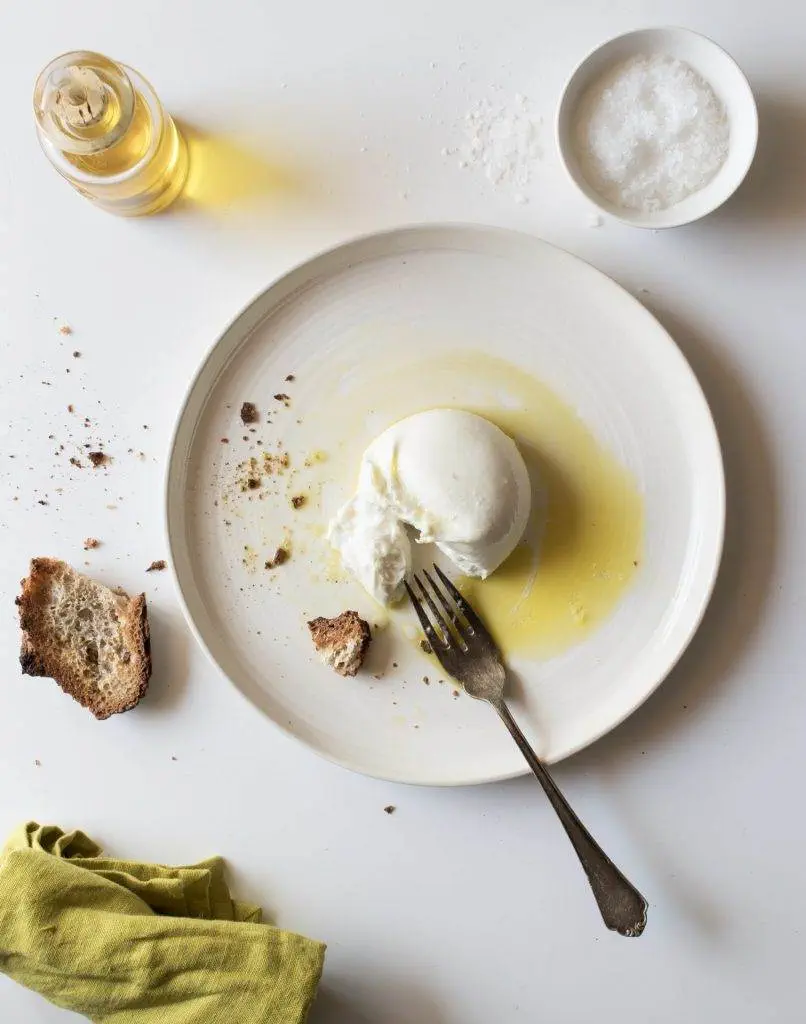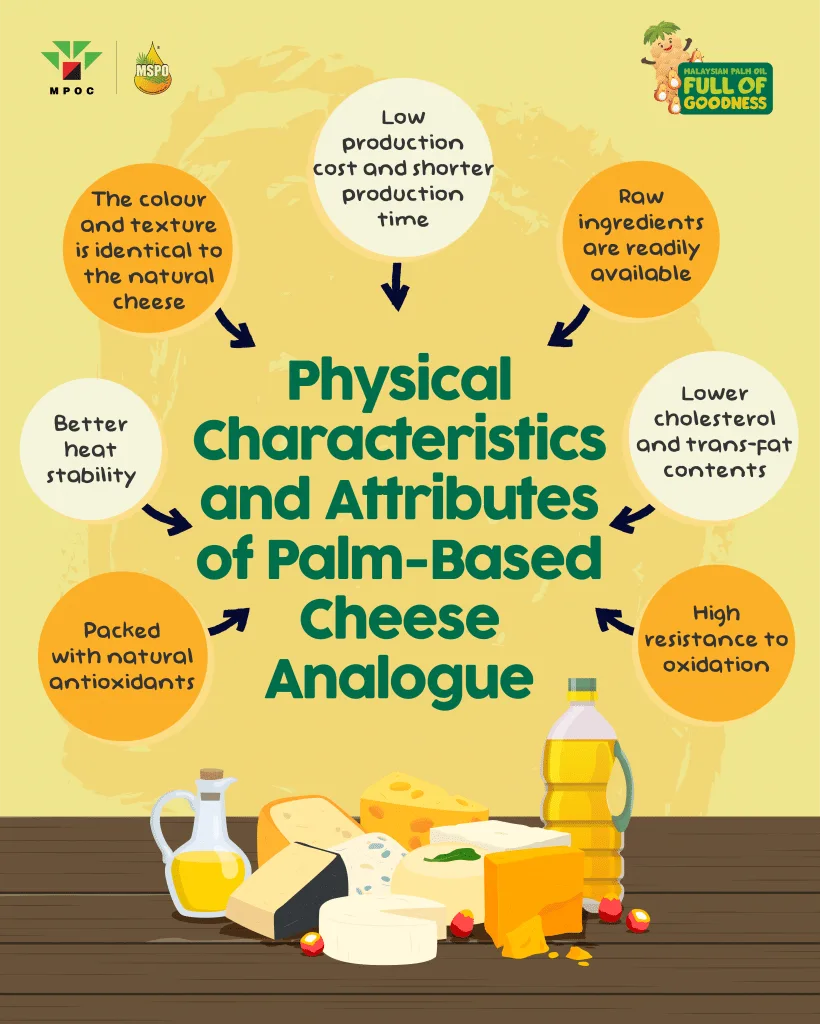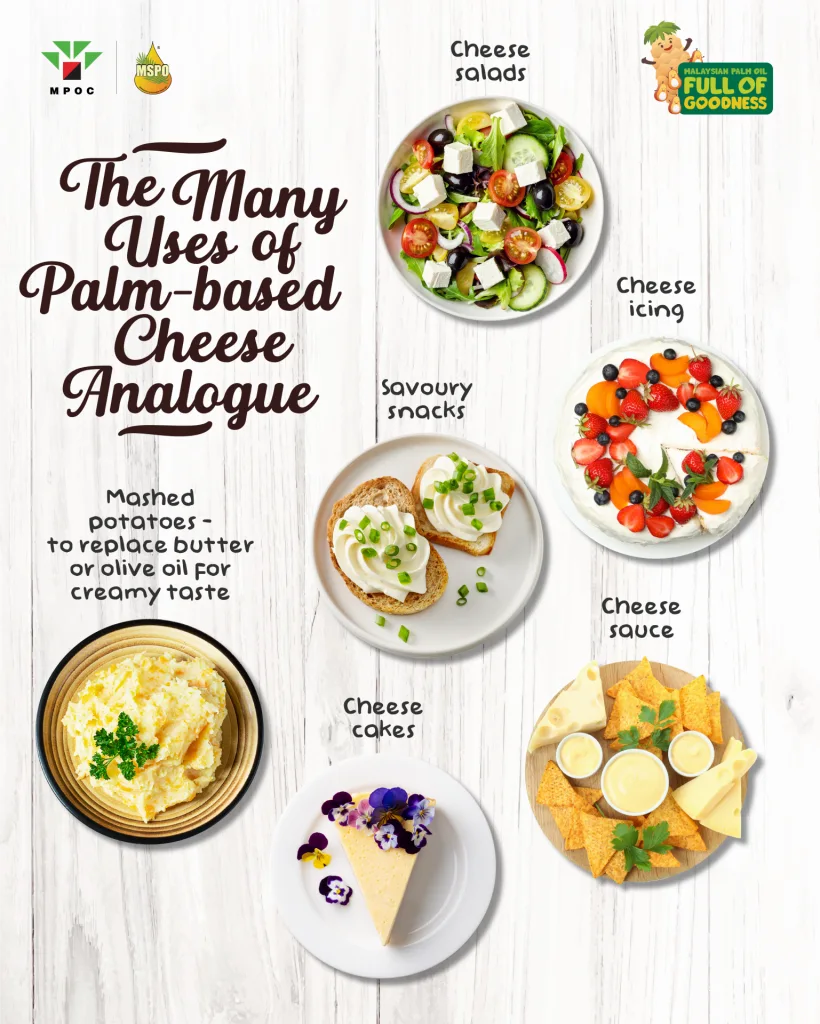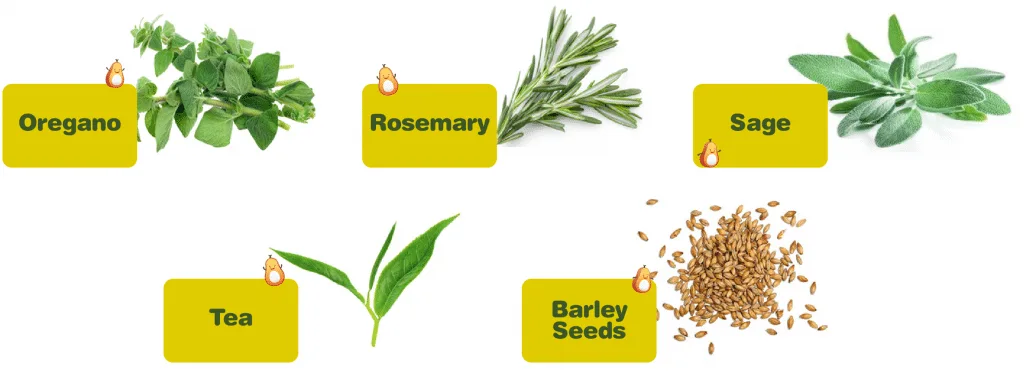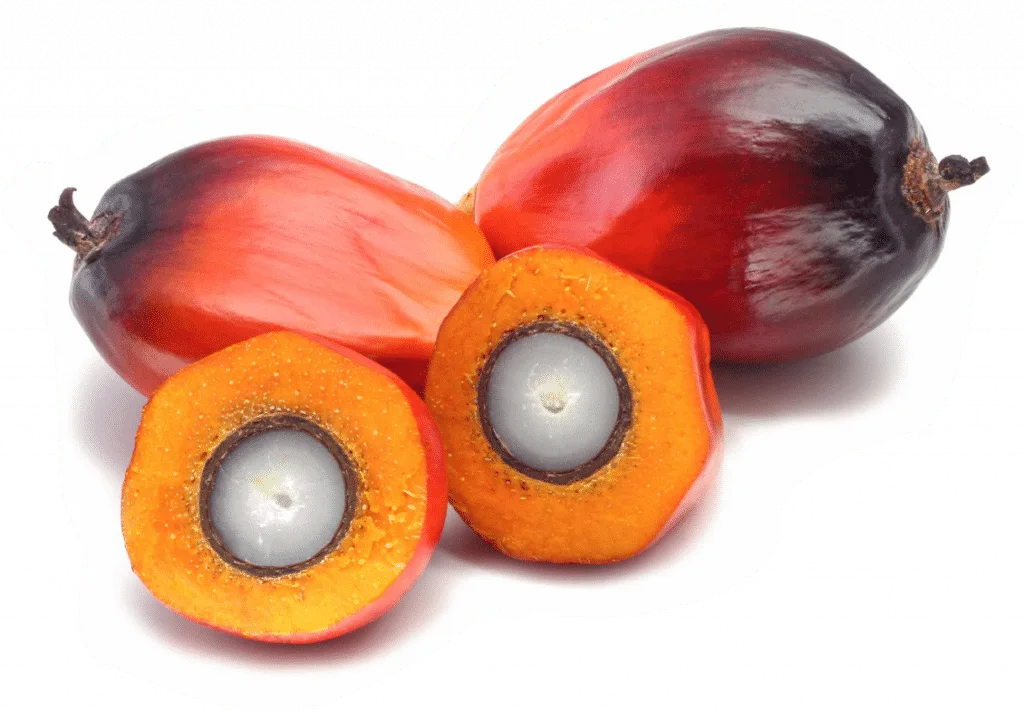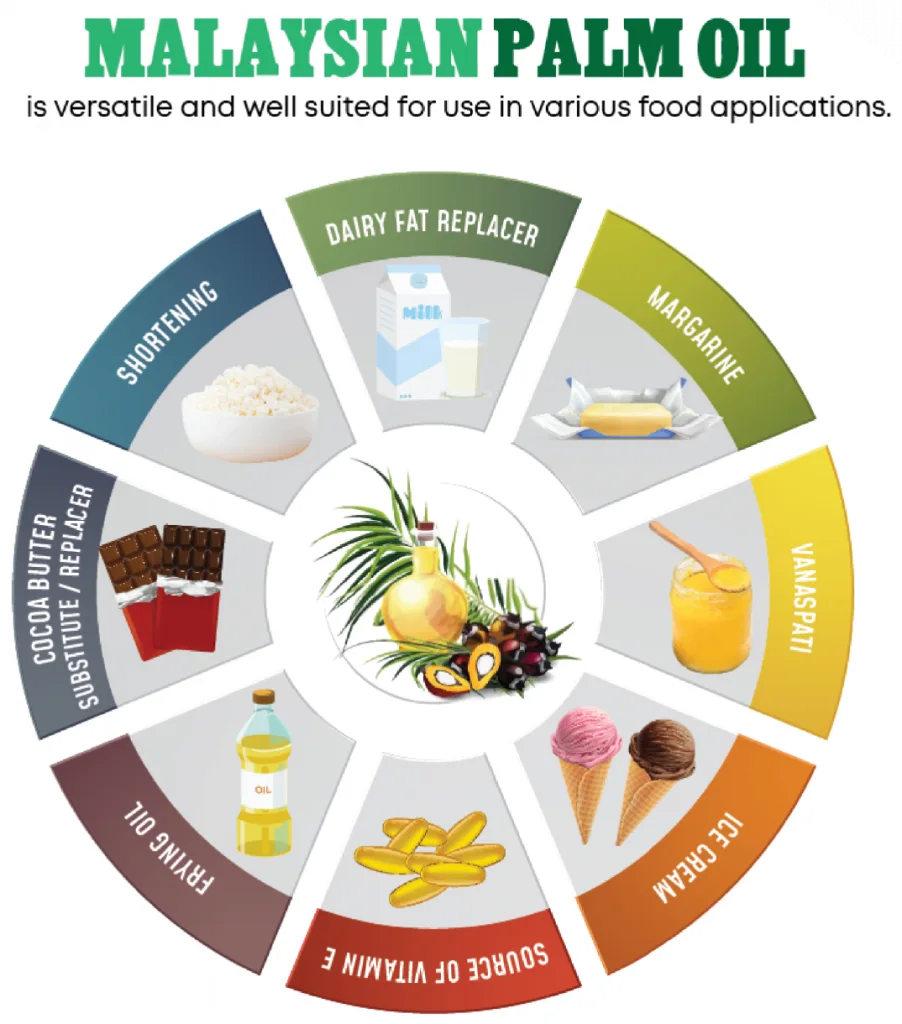Kimberly Brock Brown: “Nobody dreams of being the sous chef”
Renowned chef and member of the Worldchefs Association, Kimberly Brock Brown, joins Hosco to talk about her long and exciting journey in the kitchen. She enlightened us about the precise science of baking and pastry, how important it is to find the right culinary mentor to help you develop, and the challenges she has faced as a woman in a male-dominated career path.
“Baking is a science, cooking is a hobby.”
Despite angry or absent instructors, Kimberly Brock Brown fell in love with pastry during culinary school and never looked back. Her story will show you that if you find your passion and follow it, the sky’s the limit for your career.
Why cooking? What drove you to the kitchen to begin with?
I started cooking because it was one of the chores the kids in my family had to do growing up. And, you know, sometimes you liked it, sometimes you didn’t. You’d always rather be outside but when it was your time to cook, you know, the challenge was there and I enjoyed it. I loved the fact that you could create something, and people will eat it and be satisfied and want more!
Growing up in my family, you didn’t leave the table until your plate was clean. So when people are cleaning their plates and wanting more, that’s a good feeling, that’s a good feeling. The fact that you could make the food delicious and people would want more, that’s what stuck for me.
What about your first time working in a professional kitchen?
I had a part time job when I was in high school working at the deli of Kmart, which is a big box superstore. At that time, it was kind of new because those kinds of stores didn’t usually have a deli in them. We were slicing lunch meats, baking pretzels, making hot sandwiches, scooping ice cream–a little bit of everything. So, it was at a fast food deli counter that I got my start.
What was your first experience with culinary school?
Growing up in Chicago, there are fabulous restaurants everywhere. My parents would take us out to once or twice a month, so I got exposed to different cuisines as a kid but it never dawned on me that there was actually a career path related to cooking food. I was trying to figure it out but terms like culinary arts or chef were foreign to me.
I remember that I was waiting tables in Dallas when somebody showed me a write up from a newspaper. It was about some guy who had recently graduated from the local ACF culinary apprenticeship program. It was a huge article that talked about everything he learned to cook and prepareD in order to graduate and become a certified cook.
I’d never heard anything like that before so when I read all those details about the program I thought, “Oh my god, that’s what I want to do!” So I called the number listed in the article for the school, El Centra College, and I was there the next semester, ready to go.
How has culinary school changed since you first went back in the 80’s?
I’ve been back in the classroom since then to sit on the other side of the students, as an adjunct professor.
One big difference is the books that are available now compared to what I had back in my day. And, you still need your basic food prep 101; everybody needs to know how to hold a knife and have some basic culinary skills before you turn them loose and get more specific in different parts of the kitchen.
There’s more focus on the nutritional value of a dish than there was before. And plating has certainly evolved a lot. When I was in school, we didn’t have tweezers or all the platters and plates that culinary students do these days.
Now you can be more precise and present plates with style but we didn’t really do that stuff when I was in school.
So much has changed but the basics are still the basics: you have to learn them to be a good cook.
What’s your teaching style like in the kitchen?
I think the best method is by watching and learning. You watch me do something in the kitchen and then I watch you do it and give feedback and it goes on like that. I learn best by example and so I think the best way to teach is by example, as well.
If there is something that’s really technical and you’ve never tried it before, then I need to show you how it’s done and then you need to do it, so I can make sure you have the techniques down and the steps right.
Do you still keep in touch with any of your old culinary school colleagues from that time?
Social media is a beautiful thing so I’ve been able to keep in touch with a few of my old classmates. One chef actually became the instructor at the school we went to together. He was always really good and so precise so it’s no surprise to see him end up as an instructor; I’m sure his students love him.
What career advice would you give to students who are about to finish culinary school?
My main piece of advice would be don’t wait until you finish school to start your career. If you’re in school, get a job in the kitchen. That way, when you do finish your degree, you’ll have real world experience and truly understand how a kitchen operates. The book knowledge you gain from school, but it can’t replace hands-on time in a professional kitchen.
My other piece of advice would be to make as many friends and connections in the industry as possible, it’s a small community and if you get your name out there as a solid and dedicated chef, it’ll be easier to find good jobs.
So, how did you make the move to becoming a pastry chef?
Well it wasn’t really through school. I took a pastry class but it was just one part of one year of culinary school. It was actually quite a disaster. The first teacher was French and spoke very little English. He became too busy with his job to continue teaching the class so the Department Head Instructor stepped in to finish it for the last several weeks. But he was not a pastry chef and I was lost by that time.
Eventually we all stopped going to class because the French chef didn’t show up. Back in the day, you could just show up and sign the attendance sheet then you could leave, which was the school rule.
But my baking instructor was so on-point. He was old school. He could measure dry ingredients by hand and eye without needing to use a scoop. The experience he had with baking was unmatched so I absolutely loved learning from him.
I took those classes early in my program so for the next three years I avoided going to work in the pastry shop. The pastry chef at the time had a terrible temper, he would bang on things and yell in people’s faces all the time so it was very intimidating for me to go in there.
So, I kind of waited him out. Eventually, by the end of three years, I had to go in and do my turn in the bakery and pastry shop. By that time the old pastry chef had quit and assistant pastry chef had been promoted.
The new guy was American. He wanted to teach and he was self taught, as well. So, once he really explained things to me and I got to see how the pastry shop was run, it was easy.
My chef wanted me to become a line cook but I didn’t really see a career path from the saucier department so I decided to stick with pastries. All the competition and cooking for big banquets just wasn’t for me.
When I was coming up, there was still a lot of bigotry and our head restaurant chef didn’t really allow the ladies to work on any other stations in the kitchen besides salads or desserts.
I was really comfortable with the baking and pastry. The head pastry chef at the time was willing to teach me so I just felt that I could do it and make a career path out of it.
What sets the pastry department apart from the rest of the kitchen?
There’s an old saying about baking vs cooking amongst pastry chefs: baking is a science and cooking is a hobby. You have to be really precise when you are baking and that’s what scares a lot of people away from going into pastry. You can’t just throw a handful of this or a pinch of that on a whim, you have to use your measurements.
A lot of people are not used to cooking that way so it can be intimidating. We call recipes formulas, because it really is a science. If you don’t have the yeast right or you kill the starter or the baking soda is not right, you can’t just throw it in–you have to measure that.
You have to know the difference between dry measurements and liquid measurements and why it’s important not to confuse them. There are a lot of things that real culinary experts should know that many cooks don’t because they don’t bake all the time like pastry chefs do. Whereas, with baking and pastry chefs, we know the difference.
But I always tell my baking and pastry chefs that it’s important to know the other side of the kitchen because you never know when they might ask you to collaborate on a dish or step in and help. A good pastry chef should know a little bit of everything.
How do you think the restaurant industry is different today from when you started?
The younger generation definitely has a different mindset when it comes to work-life balance. They aren’t willing to give up as much of their time and work the long shifts like we used to do back in the day. So, I think the industry is really going to have to adapt to deal with that change in mentality. Especially considering the staff shortages we’re facing right now.
How did joining the American Culinary Federation help you with your career?
A lot of people ask me whether they should get certified or not, and I always say that certification really does matter. Those initials behind my name have really opened up a lot of doors for me.
When you have that third party validation of your knowledge and your skillset can give you more opportunities and differentiate you from that other line cook or pastry cook who doesn’t have it.
Being a member of a certified culinary association demonstrates that you are studying and will continue to study because you have to renew it every five years.
And the connections you make in the industry are priceless. I can go anywhere in the states and meet with other chefs from other chapters to learn from them, try their food, and create relationships in our industry.
ABOUT WORLDCHEFS
The World Association of Chefs’ Societies, known as Worldchefs, is a dynamic global network of 110 chef associations worldwide. A leading voice in the hospitality industry, Worldchefs years of history since its founding in 1928 at the Sorbonne by the venerable Auguste Escoffier. Representing a mobilized international membership of culinary professionals, Worldchefs is committed to advancing the profession and leveraging the influence of the chef jacket for the betterment of the industry and humanity at large.
Worldchefs is dedicated to raising culinary standards and social awareness through these core focus areas:
Education – Worldchefs offers support for education and professional development through the landmark Worldchefs Academy online training program, a diverse network of Worldchefs Education Partners and curriculum, and the world’s first Global Hospitality Certification recognising on-the-job skills in hospitality.
Networking – Worldchefs connects culinary professionals around the world through their online community platform and provides a gateway for industry networking opportunities through endorsed events and the biennial Worldchefs Congress & Expo.
Competition – Worldchefs sets global standards for competition rules, provides Competition Seminars and assurance of Worldchefs Certified Judges, and operates the prestigious Global Chefs Challenge.
Humanitarianism & Sustainability – Worldchefs Feed the Planet and World Chefs Without Borders programs relieve food poverty, deliver crisis support, and promote sustainability across the globe.
For more information about Worldchefs, visit us at www.worldchefs.org.
For press and media inquiries
communications@worldchefs.org













